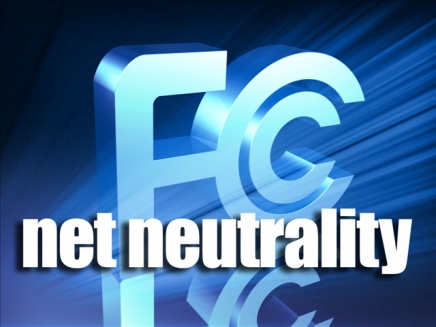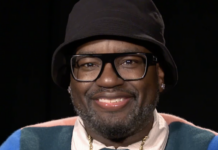*President Obama‘s unwillingness to compromise with Republicans will likely doom one of his key reforms – net neutrality on the Internet.
President-elect Donald Trump has indicated that he opposes the rule, which prohibits internet service providers from blocking legal content or controlling the speed of services based on the amount of money providers pay for faster delivery of content. Some say this rule adopted by the Federal Communications Commission last year as a push for equality, others said it stifled free trade and innovation.
Trump may be able to undo it because Obama preferred to have the FCC, which he controlled, impose a rule – which can be easily undone by Trump’s FCC – rather than work with Republicans to pass a law, which is much harder to overturn.
“What happened was that President Obama basically told Congress to stand down because he thought he could get what he wanted through the FCC,” Evan Swarztrauber, communications director for TechFreedom, said. “(The rule) would make its way through the courts, which it did … and they thought that a Hillary Clinton presidency would further uphold it and they would have four to eight years of consistency.”
Under a bill called “Title X,” Sen. John Thune (R-S.D.) and Rep. Fred Upton (R-MI) proposed a compromise to the FCC’s net neutrality rule that would have enshrined into law the FCC’s authority to ban blocking, throttling and paid prioritization, but would have left the door open for some paid prioritization. It also would have prevented the FCC from reclassifying internet services as a public utility, akin to telephones.
Republicans were especially opposed to the FCC’s legal authority to enforce the regulation and the blanket rule against paid prioritization instead of the commission policing net neutrality concerns on a case-by-case basis.
“We warned Democrats last year when Republicans offered a legislative deal – a compromise on net neutrality – that they should have taken it,” Swarztrauber said. “There were a lot of Democrats (who) supported that bill, but the problem was that the Obama administration and the FCC said, ‘No, we’re handling this at the executive level.’”
Because of that decision, Obama’s version of net neutrality will not survive, Swarztrauber said.
“There’s no doubt about that,” he said. “There are a lot of unknowns about a Trump presidency when it comes to tech policy, but the net neutrality rules in their current form will not survive. Full stop. The question is: what replaces that?”
Swarztrauber said there is no reason to believe the net neutrality concept will be erased completely by a Trump administration because Democrats and Republicans agree on certain aspects of the rule.
“Democrats have always framed the debate as people are anti-net neutrality, or they’re pro-net neutrality and that is an over simplification because what we really were concerned with was the FCC’s legal authority, not the net neutrality concept,” Swarztrauber said.
The FCC uses a concept of forbearance, which allows the commission to select what portion of the rules it wants to enforce.
Under this logic, Republicans could leave all the provisions in place and simply refrain from enforcing them, which would be a short-term solution because the next Democratic administration could just swing the pendulum the other way, Swarztrauber said.
“A legislative solution to the problem is the best solution because it has more permanence than an FCC ruling,” Swarztrauber said.
By all indications, Trump is gearing up to reverse the provisions set in place by the Obama administration.
When the FCC rule was first proposed in 2014, he tweeted: “Obama’s attack on the internet is another top down power grab. Net neutrality is the Fairness Doctrine. Will target conservative media.”
Jeffrey Eisenach, formerly of the American Enterprise Institute, has reportedly been selected by Trump as part of his transition team, and will likely replace Tom Wheeler as FCC chairman.
“During his campaign, then-candidate Trump said some things that just showed that at the time, he didn’t really know what net neutrality was,” Timothy Karr, senior director of strategy at Free Press, said. “However, he has, as part of his transition, hired some people who do know what net neutrality is and who actually oppose it.”
Karr said he finds one particular aspect troubling.
“(Trump) has spoken out about ways to silence media that’s critical of him, and if you don’t have net neutrality provisions, it becomes much easier to target certain voices on the internet and to block their ability to speak,” Karr said.
The question many ask is: would it be difficult for Trump to reverse the FCC’s net neutrality rule?
“No,” Darrell West, director of the Center of Technology Innovation at the Brookings Institute, said. “It just takes 3 out of 5 votes and the Trump administration will have that. So they clearly would have the capability of doing that should they decide to do it.”
source: American Media Institute
We Publish News 24/7. Don’t Miss A Story. Click HERE to SUBSCRIBE to Our Newsletter Now!







